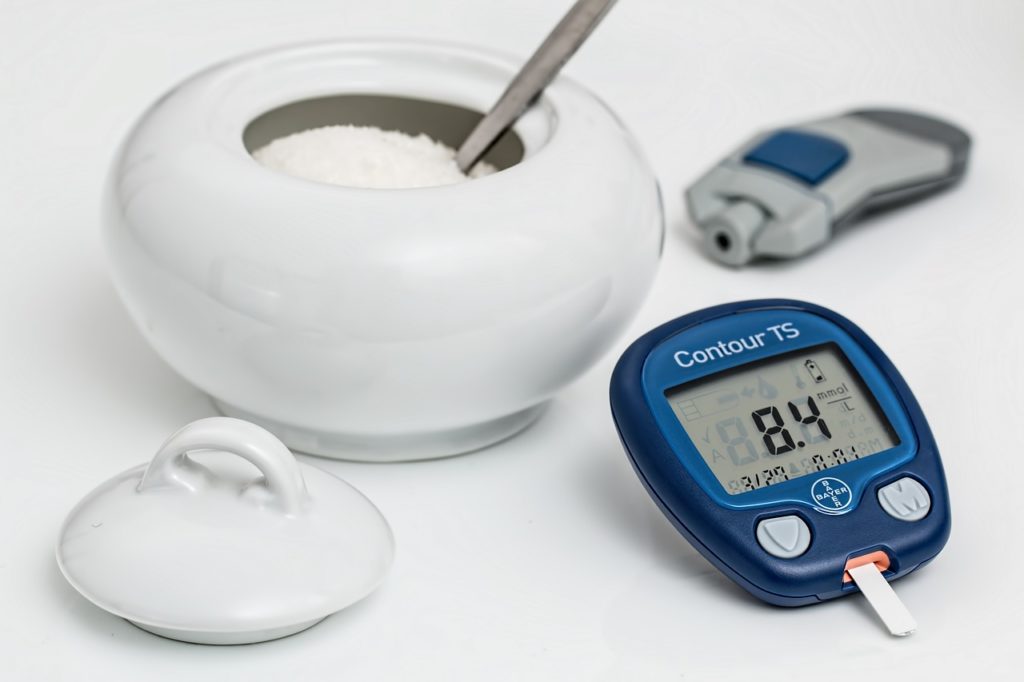
Diabetes
What is Diabetes?
Diabetes is a chronic health condition and it is fastest growing chronic disease. A disorder in which the body cannot make proper use of carbohydrates in food because the pancreas does not make enough insulin or the insulin produced is ineffective is diabetes.
From the digestion of carbohydrates in food comes glucose. The hormone responsible for helping glucose move into the body’s cells where it is used for energy is insulin.
Glucose is also stored in the liver ready for use, but if carbohydrate is overeaten then it is stored as fat. Glucose builds up in the blood, when insulin is ineffective or is not present.
If diabetes is difficult to achieve target ranges or it is undiagnosed, which can occur in type 2 diabetes, it can cause complications such as stroke, kidney failure, blindness, heart attack, erectile dysfunction and amputation.
Type 1 diabetes
A condition where the pancreas does not produce insulin because the cells which make insulin have been destroyed by the immune system is type 1 diabetes.
Type 1 diabetes accounts for 10 to 15 percent of all people with diabetes. It can occur at any age but it usually occurs in people under 30.
Type 2 diabetes
A condition where the body produces insulin but there is not enough insulin or the insulin is ineffective is type 2 diabetes.
Type 2 diabetes accounts for approximately 85 percent of all people with diabetes and it is increasingly being seen in children and teenagers, while it is usually seen in adults.
The cornerstones of managing type 2 diabetes are regular physical activity, a healthy eating plan, stress management and maintaining a healthy waist.

Signs and symptoms
The signs and symptoms of diabetes may include:
- constant hunger
- thirst
- frequent urination
- being very tired or lethargy
- wounds or infections that don’t improve
- blurred vision
- sudden unplanned/unexplained weight loss – type 1 diabetes
- weight gain – type 2 diabetes
- mood swings.
In type 2 diabetes often symptoms and signs may not be present.
Treatment of diabetes
In a nutshell, the aim of diabetes treatment is to help you be healthy, feel well and enjoy life.
Diabetes treatment, medically, aims to keep blood glucose levels in target range most of the time – target ranges, as to what is suitable for you, need to be discussed with your diabetes team.
Together with control of blood pressure and cholesterol (blood fat), this will help prevent the long-term complications which can affect your kidneys, eyes, nerves, circulation and heart.
Managing diabetes
Your management, depending on the type of diabetes, can include:
- stress management
- regular physical activity
- insulin replacement (type 1 diabetes)
- progression to medication – tablets and/or insulin (type 2 diabetes)
- healthy eating – low salt, high fibre, low in fat or particularly saturated fat
- regular health checks with your diabetes team
- monitor your blood glucose levels
- education – learn more about how to manage your diabetes and keep your knowledge and skills up to date.
